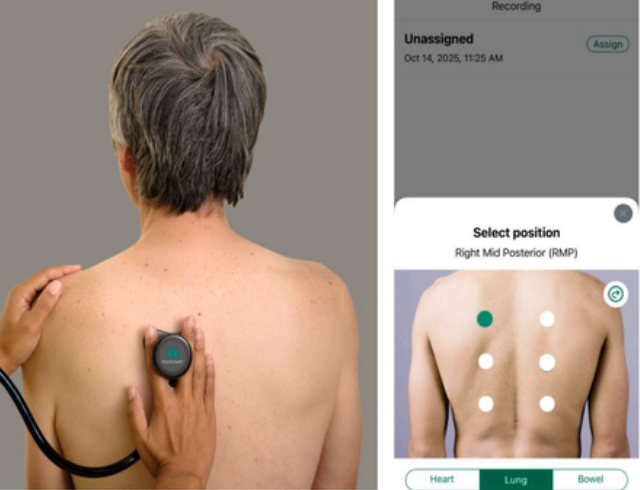New Genetic Test Can Predict Obesity Risk by Age 5, Say Researchers

NEW DELHI– In a groundbreaking development, an international team of scientists has created a genetic test—known as a polygenic risk score (PGS)—that can predict a child’s risk of developing obesity as early as age five.
This advancement could play a vital role in identifying children and adolescents with a higher genetic predisposition to obesity, allowing for early preventive measures such as dietary and lifestyle interventions.
“What makes this score so powerful is its ability to forecast, before age five, whether a child is likely to become obese in adulthood—well before other risk factors begin to shape their weight,” said lead author Roelof Smit, Assistant Professor at the Novo Nordisk Foundation Center for Basic Metabolic Research (CBMR) at the University of Copenhagen. The findings were published in Nature Medicine.
“It’s a significant leap forward in our ability to predict obesity risk through genetics,” added co-author Professor Ruth Loos. “This new polygenic score marks a dramatic improvement in predictive power, bringing us closer to meaningful clinical applications.”
Obesity is a global health crisis, associated with chronic conditions such as type 2 diabetes, hypertension, heart disease, and cancer. The World Obesity Federation estimates that over half of the world’s population will be overweight or obese by 2035.
The new PGS was developed with contributions from over 600 researchers across 500 institutions worldwide and is based on genetic data from more than five million individuals. The tool works like a calculator, summing the effects of numerous genetic variants to provide an overall risk score.
According to the research team, the new PGS is twice as effective as previous models in predicting an individual’s risk of developing obesity.
Interestingly, the study also found that individuals with a higher genetic risk for obesity were more responsive to lifestyle interventions such as improved diet and exercise—but were also more likely to regain weight after such programs ended.
Despite its promise, the PGS test has limitations. While the dataset used was more globally diverse than previous studies, the test still performs best in people of European ancestry and is less accurate in individuals with African ancestry. (Source: IANS)





